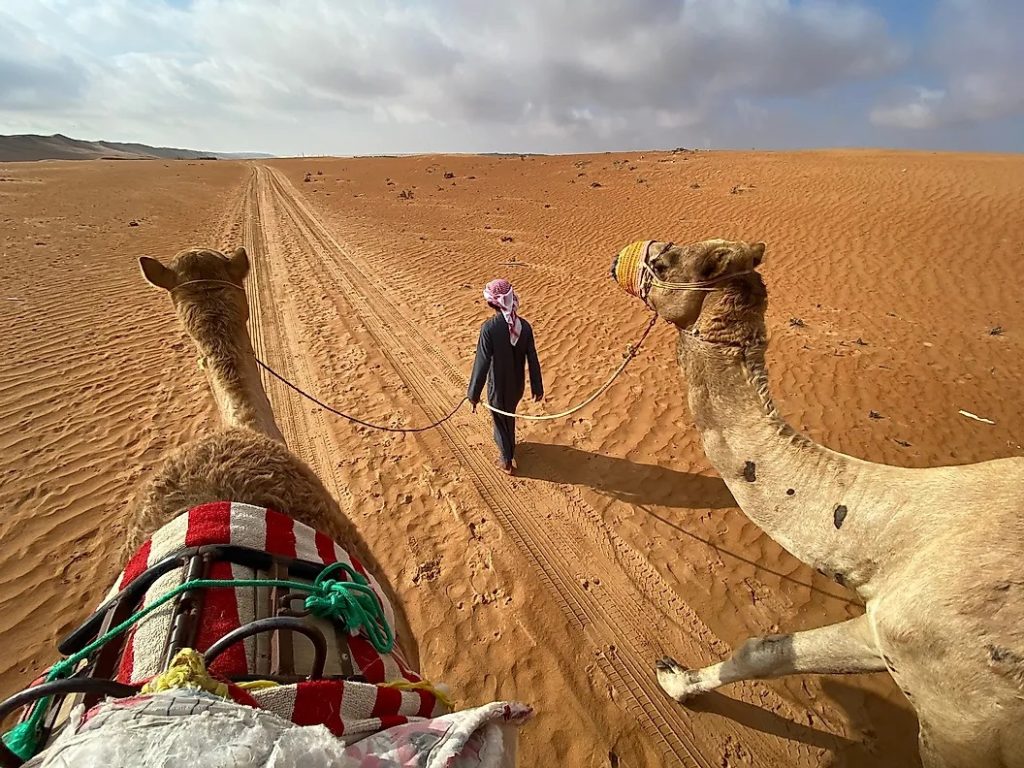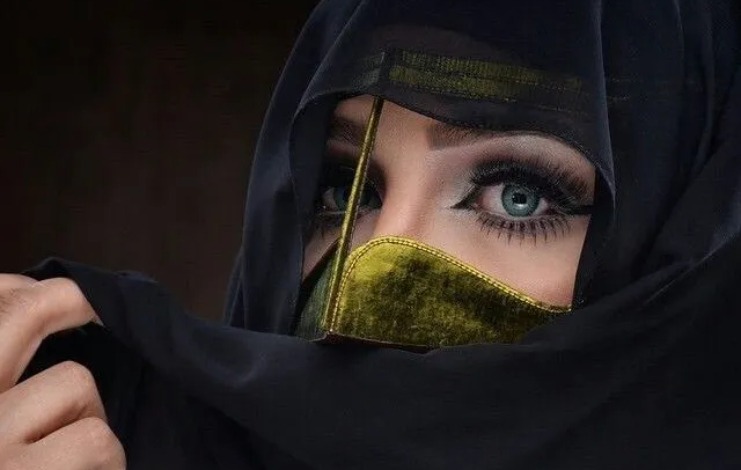Hollywood is truly influential, as depictions of any race or culture in its movies tend to engrain themselves into the hearts and minds of their viewers.
Arabs and Middle Eastern culture, unfortunately, couldn’t escape its wrath, with extremely biased and backward views toward a whole region through false Arab stereotypes.
Arab Stereotypes’ Early Beginnings
These views aren’t something new, it might come as a shock to you, but stereotypes about Arabs started as early as the 1890s and the 1910s in silent films.
During the final decades of the 19th century, there were a couple of movies that sexualized Arab women as part of the harem or only as belly dancers, like “Fatima” in 1897 and “Fatima’s Dance” in 1907.
That didn’t change much in the 20th century either. Films like Germany’s “One Arabian Night” from 1920, America’s “The Gift Girl” from 1917, and “The Lady of the Harem” from 1926 also followed the same format.
Almost all of which, depicted Arab men as greedy sex mongers who have women kidnapped either to add them to their harem collection or as a wife, with someone dying at the end.
Pre 9/11
Stereotyping Arabs as terrorists didn’t start post 9/11 but before that. With movies like “True Lies,” which starred Arnold Schwarzenegger, and was released in 1994. It featured Arabs as terrorists working on bringing the usual “Death to America” stereotype.
Another famous movie that caused controversy and outrage among Arab-American organizations was “The Siege,” starring Denzel Washington and Bruce Willis.
As usual, it brought back the terrorist and extremist themes, it also depicted the harsh lengths and brutality the US is willing to take to get the mission done. That includes situations like concentration camps and torture, even if it’s against innocent people.
Thankfully, it wasn’t always doom and gloom in the 1990s, as the movie “The 13th Warrior” from 1998 had a positive view of Arabs.
Contrasting them with a harsher look towards Vikings, Antonio Banderas played an Arab ambassador to the north, where he finds himself on a mission to help a village against marauders.
It was a breath of fresh air, as it offered a look at Arabs being heroes in stories, and playing a role in a noble outcome.
Post 9/11
Flash forward to the 2000s, and after the devastating and horrific events of 9/11, things went downhill from there, as movie after movie, brought Arabs as terrorists to the forefront.
If it were an action movie, you’d most likely see the villains as Arabs from some Middle Eastern country, even if it’s fictional.
Most of these movies also followed two central tropes: the first was solidifying Arabs as terrorists or warmongers in some form or another.
The second was the savior one, where American troops or a form of special ops would go into foreign lands to help “liberate it” and fight the bad guys.
An example would be “The Kingdom” from 2007, where you see FBI agents traveling to Saudi Arabia to investigate a bombing in a civilian US compound. The movie depicted Saudis as being backward and corrupt, to say the least.
On the other hand, 2005’s “Kingdom of Heaven” offered a somewhat historically accurate depiction of the crusades. The movie finally makes the characters actually pronounce “Salah Al-Din” correctly instead of “Saladin,” which is a first.
It also showed that Arabs weren’t the aggressors during the conflicts in that area but rather the crusader states and that there was a chivalric code at the time.
However, one of the most atrocious movies depicting Arabs and essentially putting all the stereotypes in one place was “The Dictator.”
Arabs as warmongers, check. Degrading and not respecting women in general, check. Being uncivilized, corrupt, and barbaric, also check. There isn’t a subject in the movie it didn’t try NOT to be offensive about.
Different Stereotypes
Throughout the years, Hollywood created predictable stereotypes, which it uses in its movies, time and time again.
There is the “Arab countries are all desert” trope, which pretty much makes any scene in an Arab country filled with dunes and deserts devoid of civilization or cities.
This trope evolved with time; some films substituted the desert with poor neighborhoods, which isn’t really an improvement.

Another dominant one is that all Arabs are Muslims; Hollywood tends to forget that the region is composed of different complex cultures and creeds.
We can’t forget the previously mentioned “terrorist” where Arabs want to bring the fight to the west.
There are also the “barbaric’ themes, which depict Arabs killing each other over resources or simple needs.

Hollywood also likes to push the “all Arab women are oppressed” theme, which considers veiled Arab women oppressed and sometimes subservient to men.
This is frustrating as it belittles the strong independent women from the Arab world and their accomplishments through the years.
Where Are We Now?
The situation is finally taking a turn for the better, but we still haven’t seen a big one, when it comes to Hollywood movies. It’s TV shows that decided to take charge with that respect. However, they aren’t doing enough.
Hollywood has a long way to go to undo the damage it did over the years. Hopefully, that changes soon as it offers a more accurate depiction of Arabs and the whole region.
WE SAID THIS: Don’t Forget… Preserving Heritage And Building Communities At Historic Cairo’s Bayt Yakan



